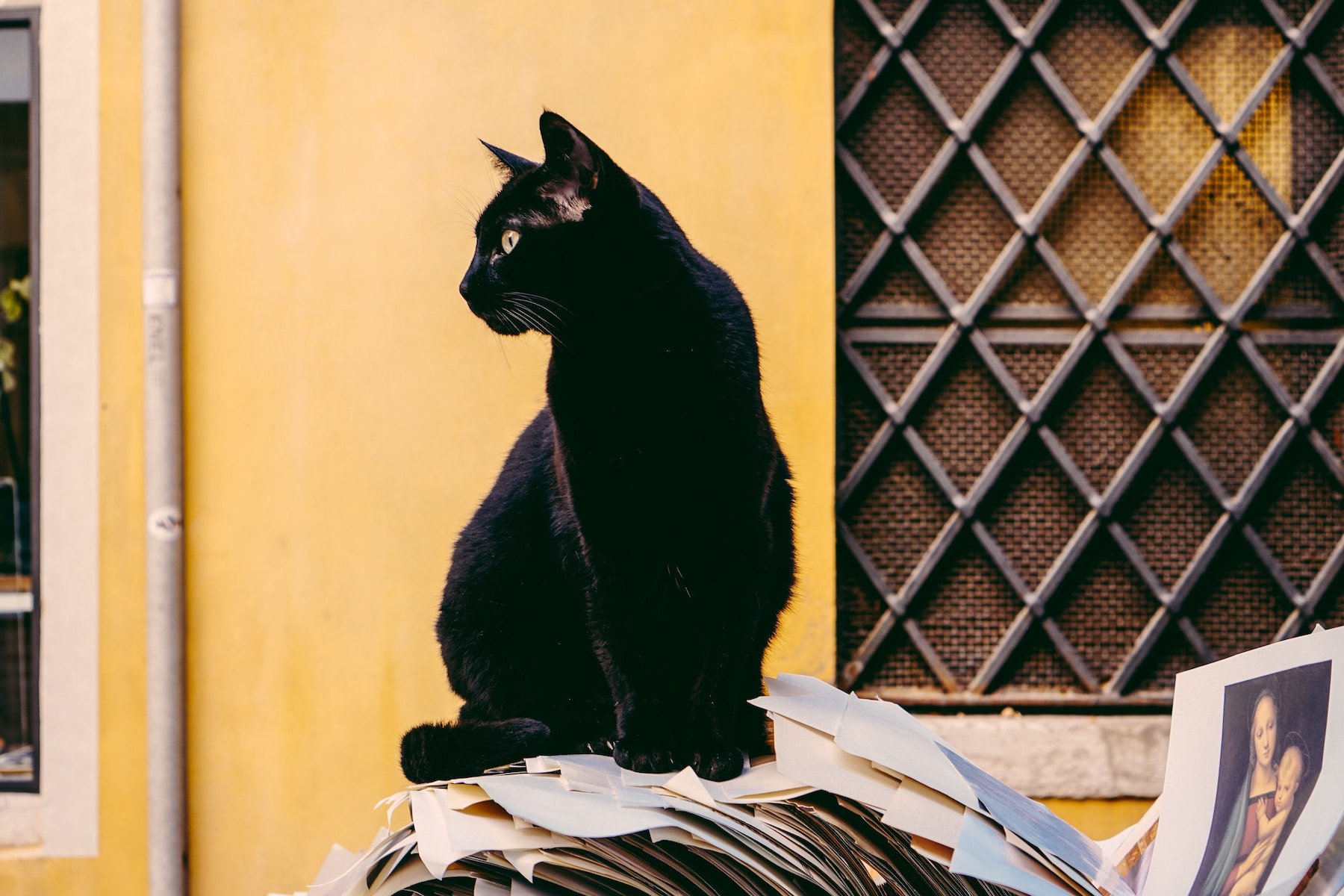Today, we're diving into the intriguing realm of black cats. These mysterious creatures have long captivated our imaginations and held a unique place in various cultures throughout history. Join us as we unveil the cultural significance of these ebony felines and shed light on their fascinating origins.
The Unlucky Stigma: Why Are Black Cats Dreaded?
Ah, the age-old belief that black cats bring bad luck. But where did this superstition originate? Legend has it that during the Middle Ages, black cats became associated with witchcraft and dark magic. It was believed that witches could transform themselves into black cats to carry out their misdeeds under the cover of darkness. As a result, black cats became dreadfully feared and even persecuted during the infamous witch hunts.
Though we've come a long way since those superstitious times, the unlucky stigma surrounding black cats still persists in certain cultures. But fear not, dear reader, for there is more to these enchanting felines than meets the eye.
Symbolism Beyond the Shadows: What Do Black Cats Represent?
Beyond their perceived bad luck, black cats are rich in symbolism and carry a wealth of cultural significance. In many ancient civilizations, they were revered and considered sacred beings. For example, in ancient Egypt, black cats were honored and adored, believed to bring good fortune and protection. They were associated with the goddess Bastet, the feline deity of home, fertility, and abundance.
In some cultures, black cats are also seen as symbols of mystery, intuition, and independence. Their sleek black coats and piercing eyes evoke a sense of enigma, lending them an aura of sophistication and mysticism. These felines are often associated with witches and the supernatural, acting as guardians of hidden knowledge and secrets.
A Global Journey: Where Do Black Cats Come From?
Black cats can be found in various corners of the world, and their presence is steeped in cultural heritage. The roots of their distinct coat color can be traced back to genetic mutations that occurred thousands of years ago. These mutations caused an excess of melanin, the pigment responsible for their dark fur.
While black cats can be found in different regions, they are particularly prevalent in Celtic folklore. The Celts believed that these cats possessed supernatural powers and were associated with the "Otherworld" or the realm of fairies and spirits. They were both revered and feared, with people often leaving offerings to ensure their protection and favor.
Embracing the Magic: Celebrating Black Cats Today
At Ministry of Cat, we believe in dispelling myths and celebrating the true essence of black cats. These elegant creatures are not to be feared but cherished for their unique charm and personality. We've had the pleasure of welcoming many black cats into our cozy cat café, and they have been adopted by loving parents.
To break free from the unlucky stigma, many animal shelters and organizations hold special events, such as Black Cat Appreciation Day, to highlight the beauty and appeal of these ebony companions. It is a time to educate and promote the adoption of black cats, encouraging people to see beyond superstitions and give these lovable creatures a forever home.
Why Do People Think Black Cats Are Unlucky
As the curtains draw on our exploration of the cultural significance of black cats, we hope you've come to appreciate these enchanting creatures in a new light. From their unfortunate association with bad luck to their symbolic ties with mystery and magic, black cats have left an indelible mark on our cultural tapestry.
Let us embrace the charm and elegance of black cats, and remember, there is nothing unlucky about opening our hearts and homes to these bewitching feline friends.
So the next time you spot a black cat crossing your path, don't fret; they might just be bringing a sprinkle of magic and fortune into your life! If you want to learn more about the cultural importance of our feline friends, check out our article on the history of cats in ancient cultures.

